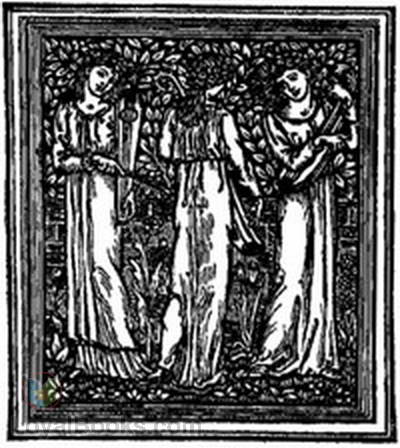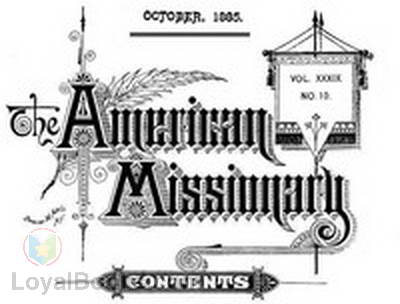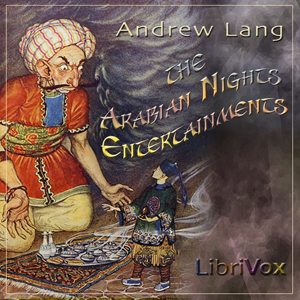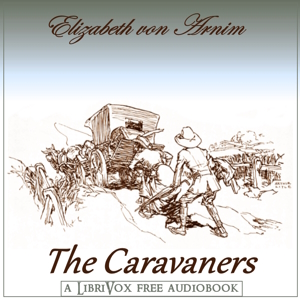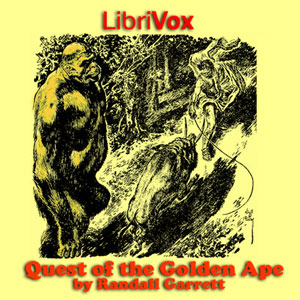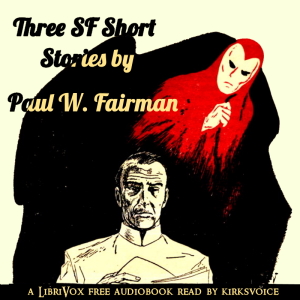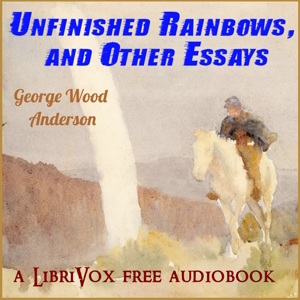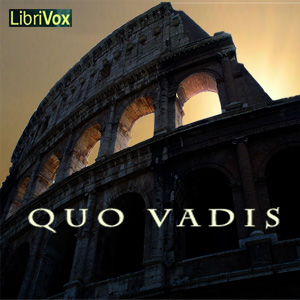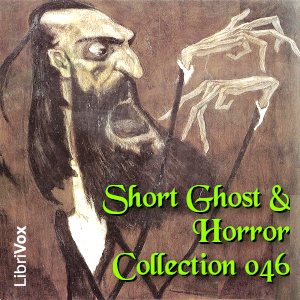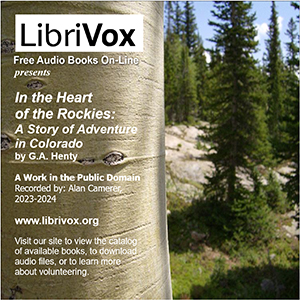Description
The Earthly Paradise by William Morris is a captivating and thought-provoking collection of beautiful poems that takes readers on a journey through various mythologies and ancient folktales. Throughout the book, Morris skillfully weaves together timeless themes of love, loss, and the pursuit of a utopian existence.
One of the most striking aspects of this collection is Morris’s vivid and evocative imagery. His descriptions transport readers to lush landscapes, enchanting forests, and captivating realms where the boundaries between reality and myth blur. The detailed imagery not only enhances the overall reading experience but also adds depth to the emotions conveyed in each poem.
Morris’s command of language is truly impressive. His verses flow effortlessly, and his use of poetic devices such as alliteration and repetition adds a musical quality to the writing. The rhythmic and melodic nature of the poems draws readers in and holds their attention throughout.
The Earthly Paradise is not simply a collection of individual poems, but rather a cohesive narrative that unfolds over the course of multiple tales. Morris seamlessly connects these stories by framing them within the framework of a group of medieval travelers seeking a paradise. This framing device adds an additional layer of depth to the collection, as it allows Morris to explore themes of longing, desire, and the human quest for perfection.
Furthermore, Morris’s exploration of love in its various forms is one of the highlights of The Earthly Paradise. From passionate and unrequited love to the enduring love of companionship, each poem delves into the complexities of human emotions. This exploration is both relatable and timeless, making the collection resonate with readers on a deeply personal level.
However, while The Earthly Paradise is undoubtedly a literary masterpiece, it may not be everyone’s cup of tea. The language and style of the poems might require some effort to fully appreciate, as they reflect the Victorian era in which they were written. Additionally, readers looking for a fast-paced or plot-driven experience may find the leisurely pace of the narrative less engaging.
In conclusion, The Earthly Paradise is a magnificent collection of poems that showcases William Morris’s mastery of language, imagery, and storytelling. Its exploration of timeless themes, coupled with its enchanting and lyrical verses, make it a captivating read for lovers of poetry and folklore alike.
First Page:
THE EARTHLY PARADISE
A POEM.
BY
WILLIAM MORRIS Author of the Life and Death of Jason.
Part II.
ELEVENTH IMPRESSION
LONGMANS, GREEN, AND CO. 39 PATERNOSTER ROW, LONDON NEW YORK AND BOMBAY 1903
CONTENTS.
PAGE
MAY 2
The Story of Cupid and Psyche 5
The Writing on the Image 98
JUNE 112
The Love of Alcestis 114
The Lady of the Land 164
JULY 186
The Son of Croesus 188
The Watching of the Falcon 210
AUGUST 244
Pygmalion and the Image 246
Ogier the Dane 275
THE EARTHLY PARADISE.
MAY, JUNE, JULY, AUGUST.
MAY.
O love, this morn when the sweet nightingale Had so long finished all he had to say, That thou hadst slept, and sleep had told his tale; And midst a peaceful dream had stolen away In fragrant dawning of the first of May, Didst thou see aught? didst thou hear voices sing Ere to the risen sun the bells ‘gan ring?
For then methought the Lord of Love went by To take possession of his flowery throne, Ringed round with maids, and youths, and minstrelsy; A little while I sighed to find him gone, A little while the dawning was alone, And the light gathered; then I held my breath, And shuddered at the sight of Eld and Death… Continue reading book >>

